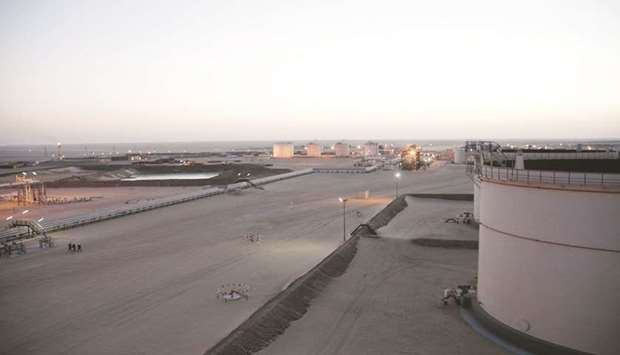The North African country is pumping 1.005mn bpd, according to a person with direct knowledge of the situation, who asked not to be identified because they aren’t authorised to speak to the media. That would be the highest since June 2013, when Libya pumped 1.13mn bpd, according to data compiled by Bloomberg.
The increase adds to the challenge that the Organization of Petroleum Exporting Countries and other major producers face after agreeing in May to extend their output-cuts deal to counter a supply glut and slippage in prices. Libya, like Nigeria, is exempted from the cuts deal, though its oil production and exports remain vulnerable to disruptions by armed factions and restive workers.
Libya’a output has rebounded from only 690,000 bpd at the start of the year, with Sharara, the country’s largest oil field, resuming production last month. State National Oil Corp chairman Mustafa Sanalla said in April he wanted to boost national output to 1.1mn bpd by August.
Given “ongoing political risks,” however, production will probably fall short of government targets for the third quarter, Jan Edelmann, commodities analyst at HSH Nordbank AG in Hamburg, said on Sunday by email. Libya’s output is seen rising 300,000 bpd on average for the third quarter compared with the first quarter, he said.
Sharara closed on June 7 for two days due to a protest by workers over a colleague’s death at the field, halting about 270,000 bpd, a person familiar with the matter said at the time.
Other fields have reopened, most recently the Abu Attifel deposit which resumed production last month and is now pumping about 81,000 bpd, according to the person who gave the latest production figure. The Majid oil field restarted on July 1, with output at 4,500 bpd. Sharara has been also steady at 270,000 bpd, the person said. Libya, with Africa’s biggest crude reserves, was pumping about 1.6mn bpd before a political uprising in 2011. The ouster and killing that year of former dictator Muammar Gaddafi led to a collapse in central authority, and many foreign investors withdrew as armed groups fought for control of oil facilities.

